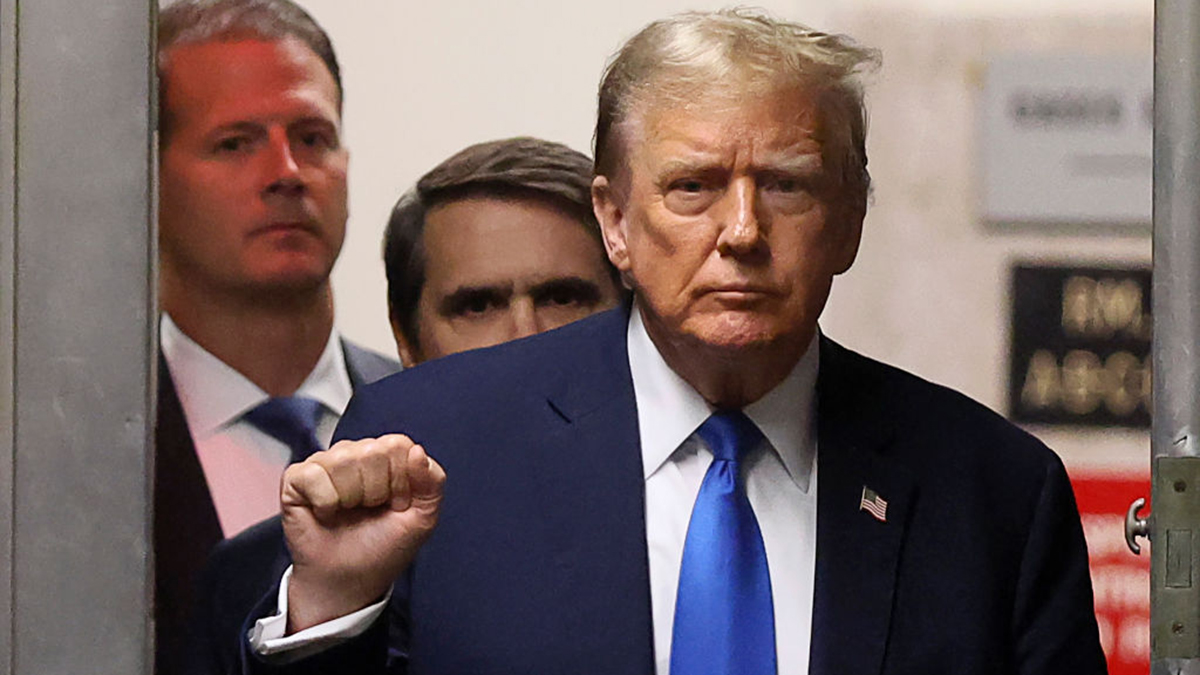Foreign countries are looking to poach a few tech start-ups from Silicon Valley, according to a new report today.
A new billboard over U.S. 101 seems to illustrate this by baldly stating, "H-1B problems? Pivot to Canada. New Start-Up Visa, Low Taxes," according to the New York Times. H-1B refers to temporary U.S. visas given to skilled foreign workers. Canada's new "start-up visa" offers a possibility of permanent residency.
Canada, the home of BlackBerry, isn't the only country looking to find the next Mark Zuckerberg. Britain and Australia are also offering start-up visas and Chile is offering investment money if techies bring start-ups to Santiago. Despite all the perks, though, most workers want to stay in the Silicon Valley.
“It’s like being in Florence during the Renaissance,” one Spanish computer programmer told the Times.
Currently, a bill is in the U.S. Senate that could create a new visa category for entrepreneurs with at least $100,000 in investment. The Times also points out that start-up visas are a political no-brainer because immigrants are more likely than native-born Americans to start a business.
U.S. & World
News from around the country and around the globe
Canada requires a year of college and 75,000 Canadian dollars from an approved Canadian investor or 200,000 from an approved Canadian venture capitalist for the visa. Applicants don't even have to speak English (or French) and don't need to bring any new jobs. The American version only grants three-year visas without an option for permanent residency.
Australia approves visas for those who secure 1 million Australian dollars from Australian venture capitalists. Britain needs 50,000 pounds from a backer, while Chile offers $40,000 in seed money.
At least one entrepreneur from India took advantage of the Chile offer, while also flying back to Silicon Valley for mentorship. He said he may take advantage of the Canadian visa simply because it's "shorter flight."
This seems to mean that tech developers still want to be close to Silicon Valley, but unless they get U.S. visas, they will likely take what's available and closest to the West Coast. That would mean Canada, and after a few years of long flights, many of those foreign entrepreneurs could eventually start their own hub in British Columbia or Alberta.



